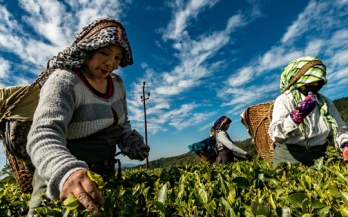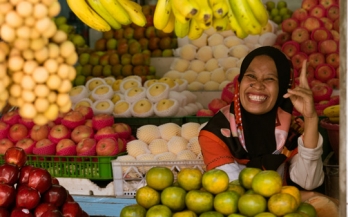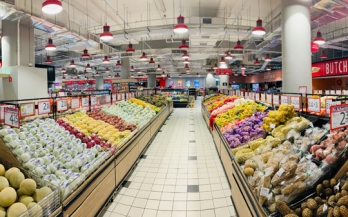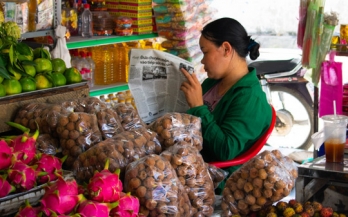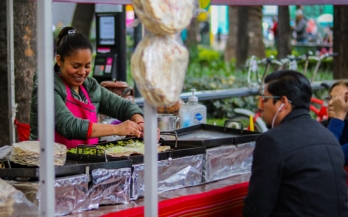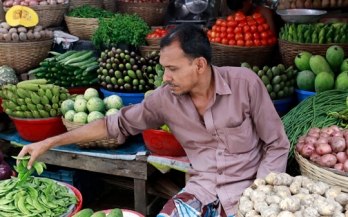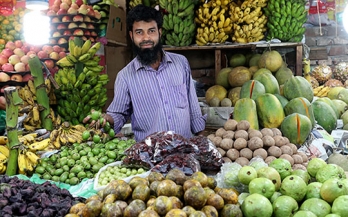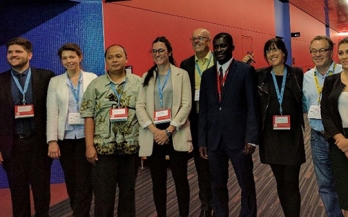Ensuring markets provide enough nutritious and safe food to those living in poverty in low income countries is an urgent priority. Many in such markets across the world lack access to affordable foods that are safe and rich in the nutrients needed to sustain life and livelihoods.
An additional USD 33 billion (60% from local citizens via taxes, 40% from official development assistance and donors) per year, from now to 2030, is needed to end hunger in a way that is sustainable for both the planet and the livelihoods of small-scale producers in low- and middle income countries.
In 2021 we nutrition champions are blessed with not one, but two summits to advance nutrition outcomes. The UN Food Systems Summit (FSS) will take place in September in New York and the Nutrition for Growth Summit will be held in Tokyo in December.
My first exposure to the effects of malnutrition occurred in 1999 in central war-torn Angola. Due to the armed conflict, hundreds of thousands of internally displaced people (IDPs) were fleeing their homes and hunkering down in various camps huddled around the outskirts of the main town.
As COVID-19 continues to impact millions of lives and jobs around the world, it is also making our global food system increasingly vulnerable. The poverty, malnutrition and food insecurity that were already challenges before the pandemic – with 820 million people chronically hungry in 2018 – are set to grow as a result of it.
This month GAIN organised an event, in partnership with the Scaling Up Nutrition Movement (SUN) and the Global Health Centre at the Graduate Institute in Geneva, on urbanisation and nutrition. While there have been some voices calling for these two issues to come together, this has not really happened, although things now seem to be changing.
Has the food and nutrition policy community adapted to the new urban realities and, if not, how should they? This was the topic of the launch of the new IFPRI Global Food Policy Report on urbanisation, food security and nutrition.
In October, over 80 cities came together in Montpellier, France to review implementation of the Milan Urban Food Policy Pact (MUFPP). An increasing number of cities are signing the Pact (it has currently over 200 signatory cities), with 25 signing during the meeting.
Mayors and concerned urbanites gathered in Bonn last week at the 9th Global Forum on Urban Resilience and Adaptation. They spent a fair bit of the second day of their meeting talking about food systems. The big question: does the city of the future lead us inexorably towards unhealthy diets and unsustainable models of production and waste, or is there a better way?
GAIN hosted a panel discussion at the ICLEI World Congress on how to improve urban nutrition. The panel demonstrated that cities can improve the urban food system through a multitude of ways. The panel demonstrated that cities can improve the urban food system through a multitude of ways. Food policy is one important mechanism for this and is getting increasing attention.


